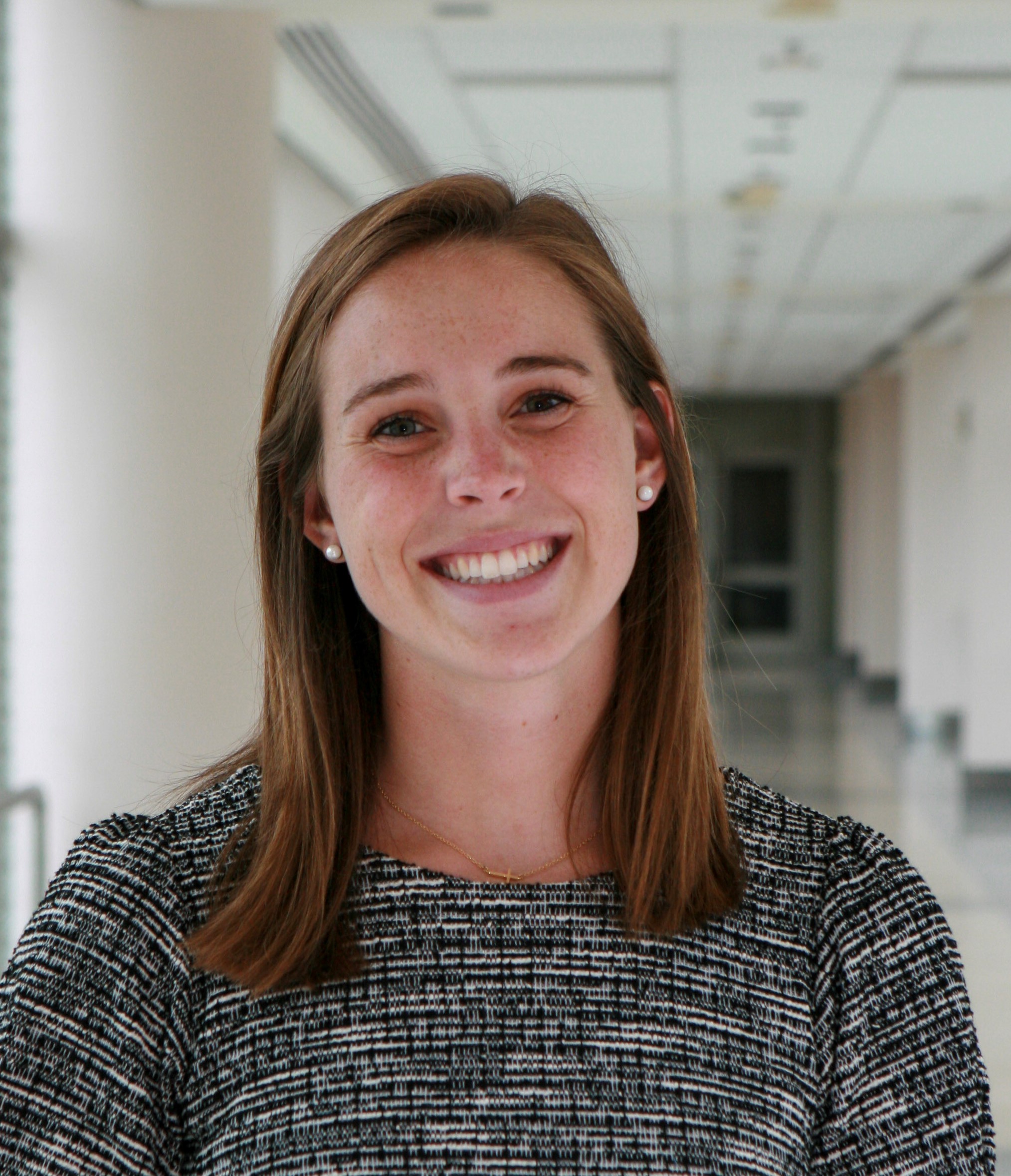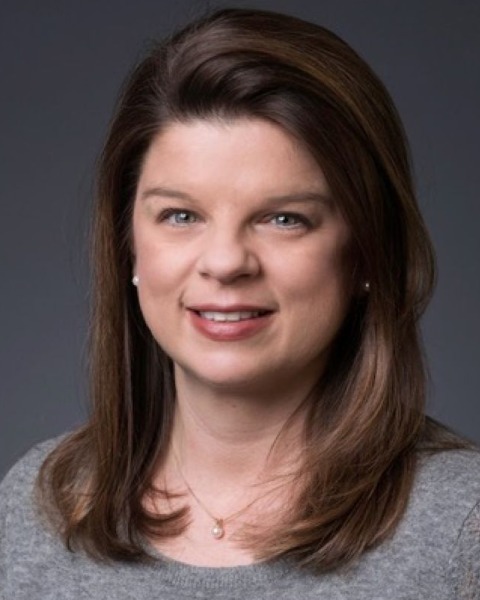Dissemination & Implementation Science
(PS9-14) Characterizing Clinician and Supervisor Perceptions of Clinical Supervision Content in Community Settings

Katherine M. Harris, M.A. (she/her/hers)
Clinical Psychology Graduate Student
George Mason University
Fairfax, Virginia, United States- LS
Lauren Seibel, M.A. (she/her/hers)
Graduate Student
George Mason University
Arlington, Virginia, United States 
Abigail B. Fry, M.A.
Clinical Psychology Doctoral Student
George Mason University
New Address, District of Columbia, United States- MF
MacKenzie C. Feeken, Ed.S.
Graduate Student
George Mason University
Washington, District of Columbia, United States - JH
Jessica Huntt, Ph.D.
Postdoctoral Research Fellow
George Mason University
Warrenton, Virginia, United States - SF
Sarah Fischer, Ph.D.
Associate Professor
George Mason University
Fairfax, Virginia, United States - AS
Amanda Sanchez, Ph.D. (she/her/hers)
Assistant Professor
George Mason University
Fairfax, Virginia, United States 
Christianne Esposito-Smythers, Ph.D.
Professor of Psychology
George Mason University
Fairfax, Virginia, United States
Author(s)
Co-Author(s)
The field of Health Service Psychology now recognizes clinical supervision as a distinct professional competency. Within this vein, Competency-Based Clinical Supervision (CBCS) is a model that is gaining more attention in the clinical literature. This study explored the extent to which community-based supervisors currently introduce elements of CBCS into their supervision practices. This information was gathered from the perspective of community-based supervisors as well as clinicians.
The sample included 47 clinicians (89.4% female; Mage = 39.5) and 61 supervisors (91.4% female; Mage = 44.2) who provide mental health services to youth across various community settings in Northern Virginia. Participants were recruited through a listserv that advertises free, evidence-based trainings for youth mental health problems. Clinicians and supervisors completed a measure that reflects the “extent to which [they] discuss” different content areas, corresponding with CBCS domains, in supervision sessions. Specifically, they reported the extent to which they discuss 13 content areas (e.g., use of self-disclosure with clients) in supervision on a scale from 1 (not at all) to 7 (extensively) in their supervision sessions. They also reported the setting(s) in which they work.
Most clinicians (n = 32; 68%) reported working in one setting (outpatient clinic: n = 11; private practice: n = 7; school clinic: n = 5; other [e.g., residential]: n = 9); 15 clinicians reported working in multiple settings. Supervisors also primarily (n = 42; 69%) reported working in one setting (outpatient clinic: n = 16; private practice: n = 11; school clinic: n = 4; other [e.g., crisis care]: n = 11). The remaining 19 supervisors endorsed working in multiple settings. Overall, supervisors reported discussing “supervisee well-being or self-care” most extensively (M = 5.10; SD = 1.25). In contrast, clinicians reported discussing “content that should be covered in the next session with clients” most extensively (M = 3.91; SD = 1.77). Independent-samples t-tests indicate that supervisors endorsed discussing 10 of the 13 content areas significantly “more extensively” than reported by clinicians (p < .05); areas included: use of self-disclosure; helpfulness of supervision process; use of client outcome assessment to guide care; how supervisee cultural identity affects client care; fidelity in skill delivery and how to improve fidelity; specific skills to teach in the next session; well-being or self-care; issues that influence engagement for clients from minoritized background; ethical and legal standards in client care; and relationship with clients and how it affects care.
Findings indicate that community clinicians and supervisors have different perceptions of the extent to which they address most content areas in clinical supervision sessions. Though clinicians and supervisors were not matched in the present study, many were from the same organizations. Nonetheless, understanding community supervision practices more broadly is an important step toward strengthening supervision practices, such as the development of trainings in CBCS.

.png)
